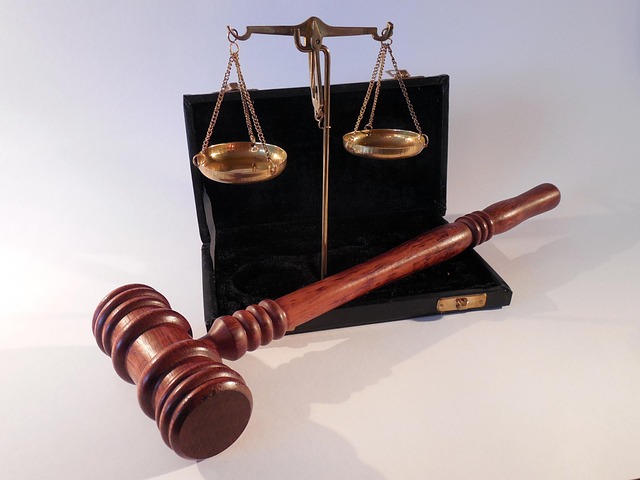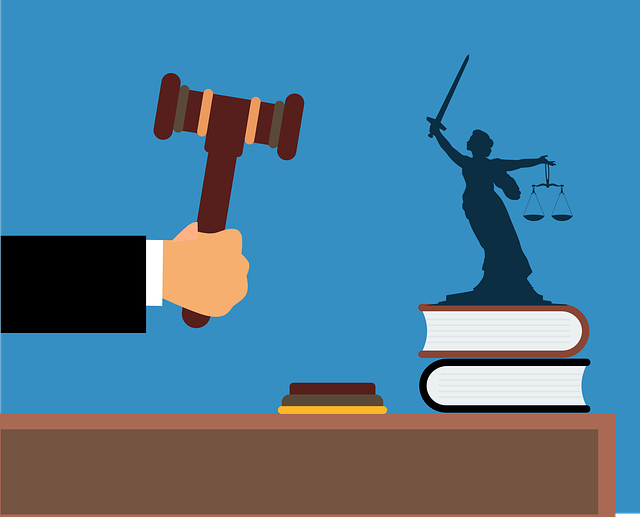Consumer protection laws are essential for safeguarding individuals from unfair business practices and ensuring transparency. In complex scenarios involving intellectual property (IP) claims, these laws intersect with copyright, trademark, and patent regulations, leading to high-stakes cases with significant precedents. Specialized law firms play a crucial role in defending businesses against IP allegations by strategically navigating investigative processes and uncovering weaknesses in opposing cases. Notable case studies demonstrate the impact of legal action against misleading practices, resulting in substantial settlements, product recalls, improved industry standards, and more transparent marketing from major companies. Understanding and complying with consumer protection laws, including Defending Against Intellectual Property Claims, is vital for both consumers and businesses to protect themselves from deceptive practices and avoid legal pitfalls.
Consumer protection suits are a vital aspect of ensuring businesses uphold ethical standards and safeguard consumers’ rights. This article explores the intricate world of consumer protection laws and their far-reaching implications, especially in intellectual property (IP) claims. We’ll delve into common IP allegations, offering strategies for effective defense. By examining real-world case studies, we highlight notable outcomes, emphasizing the importance of understanding these suits to navigate the complex landscape of consumer protection. Learn how to defend against IP claims and ensure business resilience.
- Understanding Consumer Protection Laws and Their Reach
- Common Types of Intellectual Property Claims in Consumer Protection Suits
- Strategies for Defending Against IP Allegations
- Case Studies: Notable Consumer Protection Suit Outcomes
Understanding Consumer Protection Laws and Their Reach

Consumer protection laws are designed to safeguard individuals from unfair business practices and ensure transparency in transactions. These laws cover a wide range of issues, including product safety, advertising truthfulness, and privacy rights. Understanding these regulations is crucial for both consumers and businesses, especially when navigating high-stakes cases involving intellectual property claims. By knowing their rights and responsibilities, consumers can better protect themselves from deceptive practices while businesses can avoid legal pitfalls and foster trust in the market.
In complex scenarios, particularly those that extend beyond traditional commercial interactions, consumer protection laws intersect with other legal domains such as copyright, trademark, and patent regulations. This intersection can lead to intricate cases where defending against intellectual property claims becomes a critical aspect of protecting consumer rights. The outcome of these high-stakes cases often resonates beyond the immediate parties, influencing the broader philanthropic and political communities through precedent-setting decisions that shape future business conduct and consumer expectations. Jury trials in such instances play a pivotal role in interpreting laws and determining remedies, adding another layer of complexity to the legal landscape.
Common Types of Intellectual Property Claims in Consumer Protection Suits

In consumer protection suits, Intellectual Property (IP) claims play a significant role, particularly when businesses use misleading or deceptive practices to market their products. Common types of IP claims include trademark infringement, where consumers are misled by similar brand names or logos, and copyright violation, which occurs when original content is replicated without permission. Additionally, false advertising claims often involve the misuse of branding, packaging, or marketing materials to induce consumer purchases.
Defending against these intellectual property claims requires a strategic approach. Law firms specializing in consumer protection have an unprecedented track record in navigating all stages of the investigative and enforcement process. They employ intricate strategies to counteract white-collar and economic crimes, ensuring businesses are held accountable for their actions while protecting consumers’ rights.
Strategies for Defending Against IP Allegations

When faced with Consumer Protection Suits involving Intellectual Property (IP) allegations, a robust strategy is essential to defending one’s respective business. The first step is to conduct a thorough review and analysis of the accusations. This involves understanding the specific IP rights at play—patents, trademarks, copyrights, or trade secrets—and evaluating the strength of the evidence presented by the plaintiffs. A comprehensive legal team can help in identifying any weaknesses or gaps in the opposing party’s case, which could lead to a complete dismissal of all charges.
Additionally, building a strong defense strategy includes gathering and presenting evidence that demonstrates compliance with IP laws and regulations across the country. This might involve showing due diligence in obtaining necessary licenses, registering trademarks, and protecting proprietary information. By employing these tactics, businesses can effectively counter IP claims, ensuring their operations remain intact and upholding their reputation in the market.
Case Studies: Notable Consumer Protection Suit Outcomes

In the realm of consumer protection, notable case studies highlight the significant outcomes that can result from suing companies for misleading practices. One such instance involves a class-action lawsuit against a major retailer accused of selling defective products with hidden safety risks. The plaintiffs’ attorneys used extensive documentation and expert testimony to defend against intellectual property claims, ultimately securing a substantial settlement that covered not only monetary damages but also mandatory product recalls and improved safety standards across the industry.
Another high-stakes case centered around a tech giant’s deceptive marketing strategies for a new software platform. Through meticulous legal navigation, the consumer protection lawyers successfully argued in court, leading to a landmark ruling that set new precedents for protecting consumers from false advertising. This victory not only resulted in substantial monetary compensation for affected users but also prompted the company to overhaul its marketing practices, fostering greater transparency within the philanthropic and political communities interested in consumer welfare.
Understanding consumer protection laws and their reach is paramount for businesses to safeguard against potential intellectual property (IP) allegations. By familiarizing themselves with common types of IP claims, such as copyright, trademark, and patent violations, companies can proactively develop strategies to defend against these suits. Effective defense mechanisms include thorough internal audits, robust product development processes, and responsive communication strategies. Examining real-world case studies highlights the significance of proactive measures, demonstrating that a strong legal defense, coupled with innovative solutions, can lead to favorable outcomes in consumer protection suits involving IP claims.






